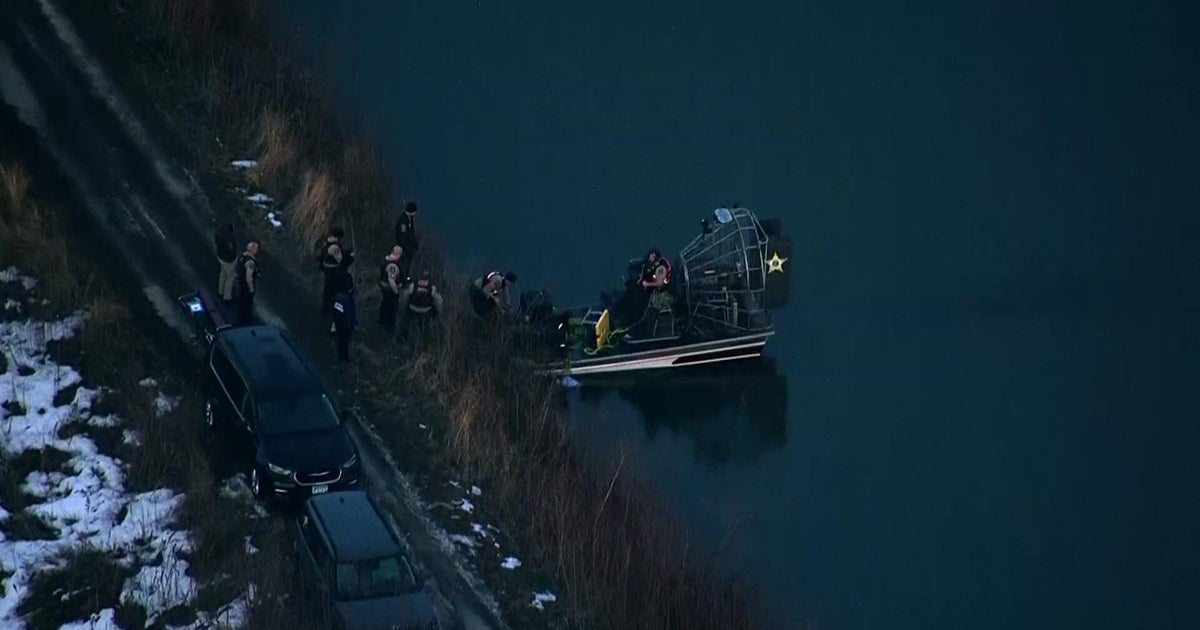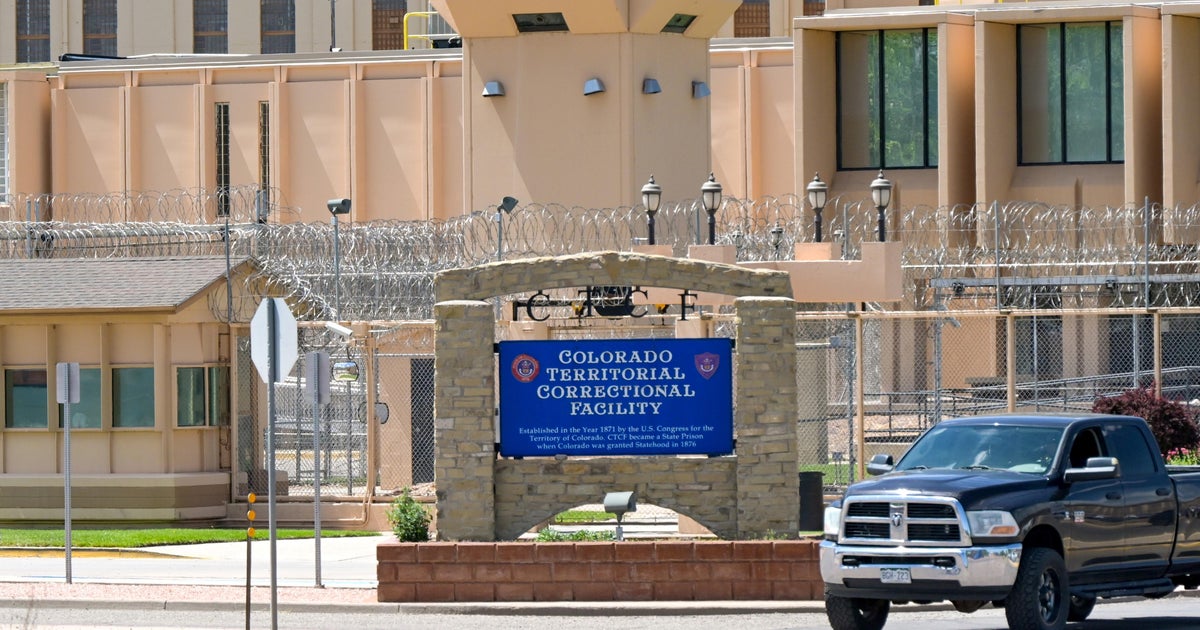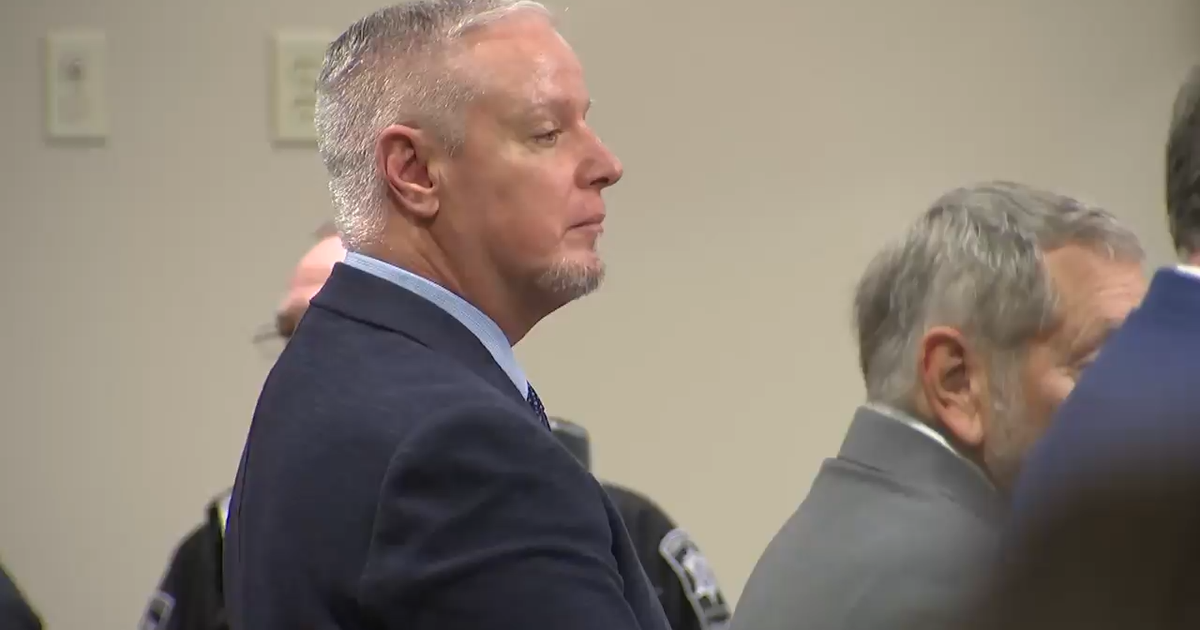Therapist Shares Advice For Parents Of Transgender Children
MINNEAPOLIS (WCCO) -- In recent days, there have been heated discussions about sexual orientation and gender identity at the Capitol.
On Thursday, the group OutFront Minnesota held a rally in St. Paul, saying that the LGBTQ community has come under attack as bills have been introduced to legislate gender-based access to restrooms.
They say the effort violates the state's human rights protections against discrimination based on sexual orientation and gender identity.
On Wednesday, I did a story about a 5-year-old child who started kindergarten as a boy but now identifies as a transgender girl.
Her parents have filed a discrimination charge with St. Paul's human rights department, saying Nova Classical Academy didn't do enough to protect the child from bullying.
On Thursday, I spoke with Kerry Mokalla, a clinical social worker who counsels families with transgender children.
"The reason families come to me is that they want to just make sure they are supporting their kids as best they can, and they don't know whether it means their kid is transgender," she said.
Some of Mokalla's clients are preschoolers.
"Those kids at around two or three will consistently say they are the gender other than what they were assigned at birth," she said.
But what's the difference between a child going through a phase of dressing like the other gender and a child who is transgender?
"Any kind of diagnosis, you have to look at intensity, frequency and duration," Mokalla said. "How often does it happen? Does it happen in more than one setting? Does it happen at daycare and at home?"
She says there have always been transgender children, teenagers and adults.
What's different now is that there's more education and awareness, and famous people talking about it.
"I think social media has changed things greatly," Mokalla said. "Facebook groups. I think kids in a small town in northern Minnesota can find other kids like themselves."
She encourages parents to help their children deal with bullying by giving them words to use when they're targeted, as well as a course of action to take when it happens.
"You need to prepare your kid that these things can happen, but you don't want your kid to ever blame themselves for it happening to them," Mokalla said.
And she says family members are often in more need of therapy than the transgender child.
"I've seen every type of family come through here with little kids," Mokalla. "They all are a little bit blindsided by it when it happens."
She says children become gender binary around 2nd or 3rd grade.
"You can't influence a child," she said. "He or she decides on their own."







